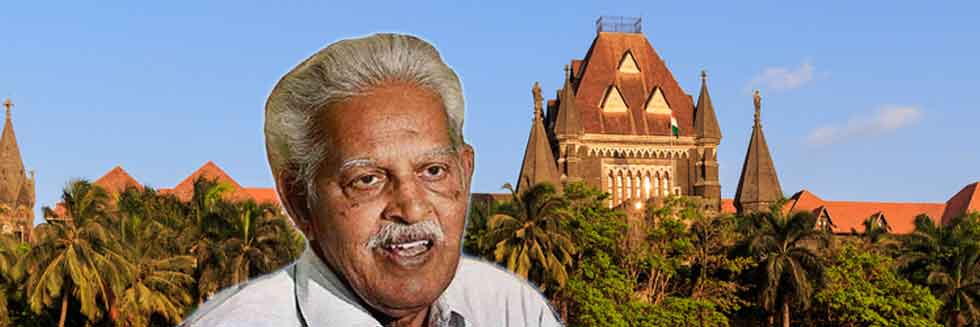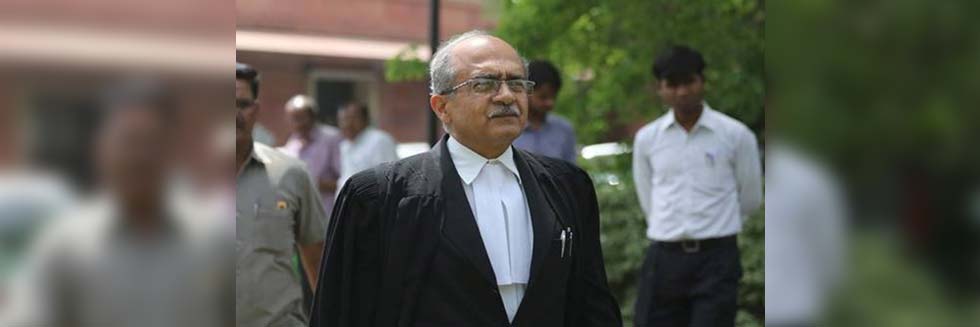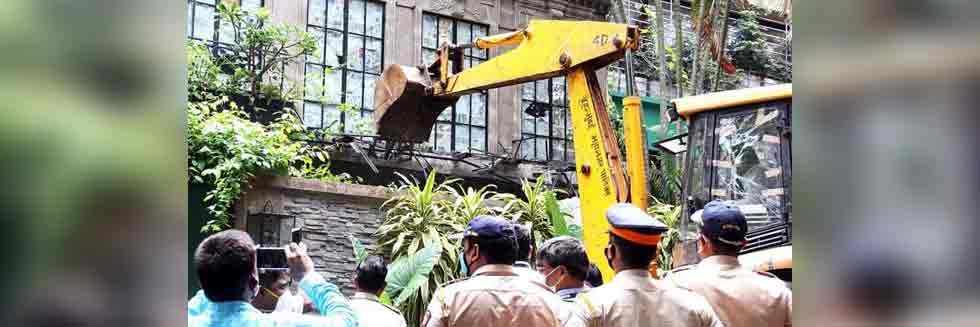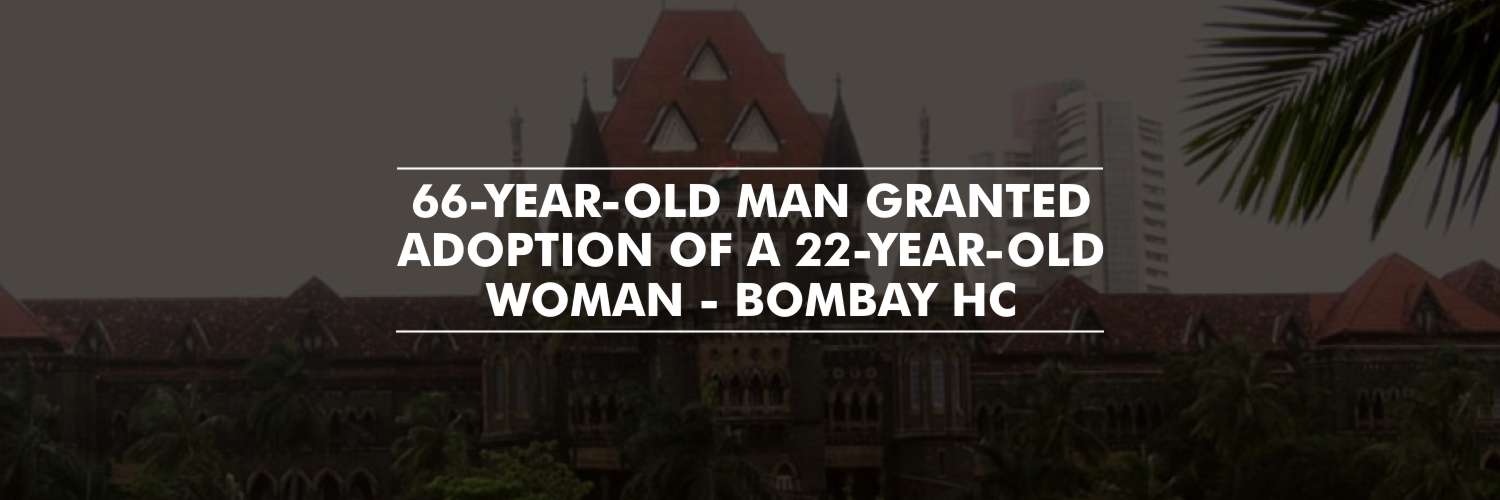Since when did expressing a bonafide opinion become a criminal offense? As citizens of this country, are we not entitled to express our opinions and speak our minds? The recent turn of events with respect to the senior lawyer, Prashant Bhushan has questioned the very foundation of the ‘contempt of Court’ procedure.
The Hon’ble Supreme Court on 15 August 2020, has held Advocate Prashant Bhushan guilty of the offense of criminal contempt, under the Contempt of Courts Act. The factual matrix revolves around two specific tweets that were made by him: one concerning the Chief Justice of India, S.A. Bobde sitting on a Harley Davidson bike whilst the COVID pandemic, as follows:
“The CJI rides a Rs 50-lakh motorcycle belonging to a BJP [Bharatiya Janata Party] leader at Raj Bhavan, Nagpur, without wearing a mask or helmet, at a time when he keeps the Supreme Court on lockdown mode denying citizens their fundamental right to access justice!”
Threateningly outrageous as this statement was, it was followed by a second remark upon the past Chief Justices of India relating to their various judgments, alleging it to have ensued in the erosion of the constitutional values and principles. Adv. Prashant Bhushan has preached anti-corruption and holds on to his conscience, whilst the suo moto contempt proceedings charged against him under Section 15 of the Contempt of Courts Act. He contends it to be a bonafide opinion put across to the public, regarding the ongoing corruption, favoring the Government, and blurring the lines between the judiciary and executive.
The apex Court moves the motion to hold him liable for criminal contempt on the grounds of the remarks being false, scandalous, and devoid of any merit; they were also perceived to be an attack on the institution and administration of justice. Although, there was also a separate writ petition filed by Prashant Bhushan, challenging the constitutional validity of S.3(2)(v) of the said legislation for being arbitrary and vague, the Court held against him.
The jurisdiction that is vested with the judges to act in their own cause has turned out to be dangerous. Most of the countries, including the UK, from which India’s contempt has been derived from, has not only abolished the system but also given precedence to freedom of speech and expression. It is rather unreasonable to consider a bonafide opinion against corruption in the judiciary to be a criminal contempt. How else will the grievances of the advocates and litigating lawyers be addressed? Not only does it deprive us of the fundamental right to freedom of speech and expression under Article 19(1)(a) of the Constitution, but how else will corruption in India, be eradicated, if a simple statement against it, amounts to an offense?
Although the Court has repeatedly held fair criticism of judges if made in good faith and in the public interest, is not contempt; there is no clear demarcation between a bonafide opinion and criminal contempt. Thus, for ascertaining good faith, the Court should take into consideration a lot of things like the surrounding circumstances, the person’s knowledge, and the intended purpose. The legislative intent of the Contempt of Courts Act is to maintain the high regard that the public has for the judiciary, but it should not be used as a tool to absolutely curtail the speech and expression that are vital to the Indian democracy.
This news has been written and submitted by Ms. Ayushi Goyal during her course of internship at B&B Associates LLP. Ms. Ayushi is a 4th-year law student of Christ University, Bangalore.






